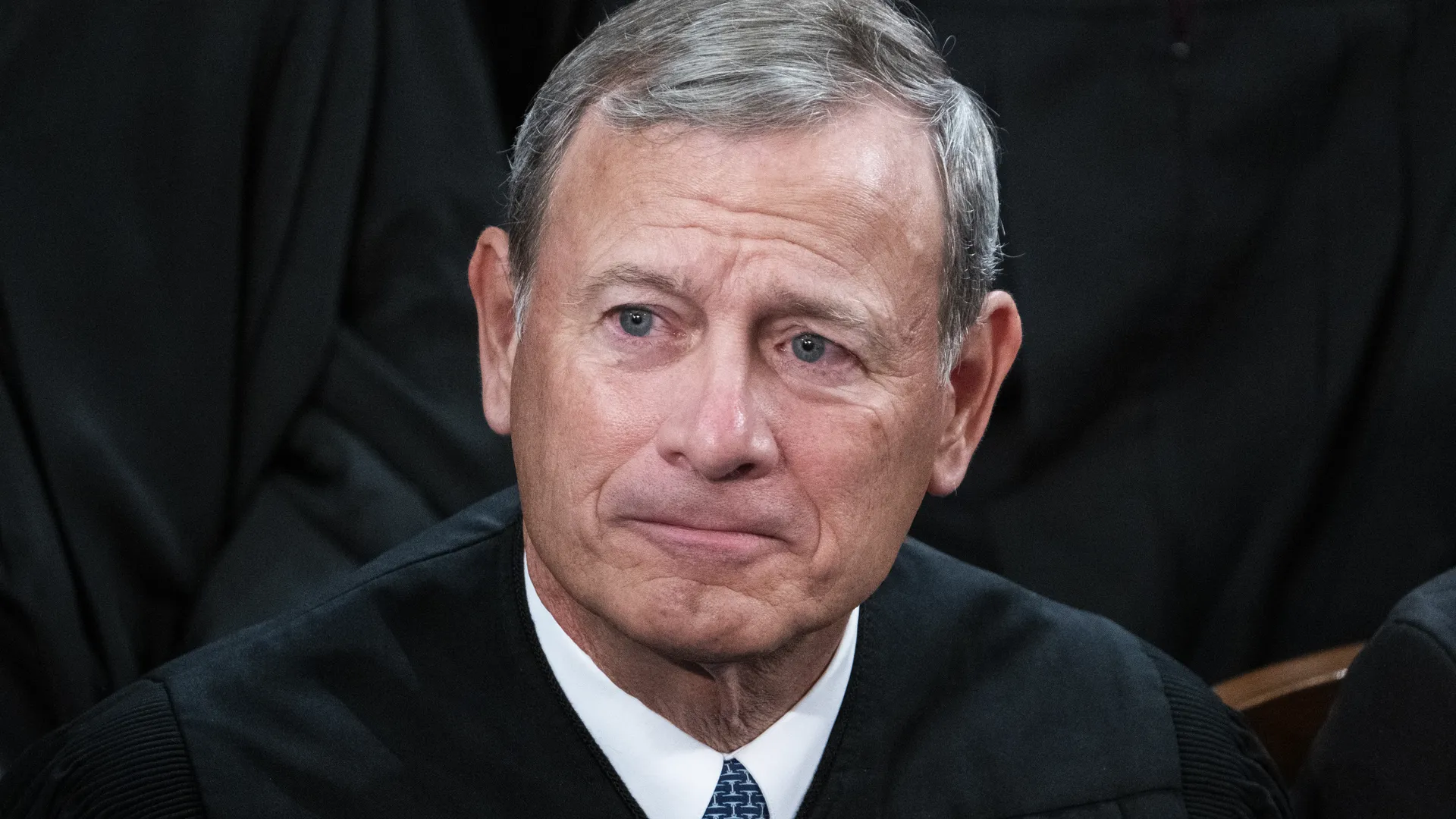In his annual year-end report, Chief Justice John Roberts delivered a stark warning about the growing threats to judicial independence, emphasizing the dangers posed by violence, intimidation, disinformation, and disregard for court rulings. His remarks come at a pivotal moment for the judiciary, as the nation prepares for the inauguration of President-elect Donald Trump and faces heightened political tensions.
The Rising Tide of Threats
Roberts outlined several key concerns, including a significant increase in threats against federal judges. The U.S. Marshals Service, tasked with protecting the judiciary, has investigated over 1,000 serious threats against federal judges over the past five years. These threats range from direct acts of violence to online harassment and intimidation campaigns targeting judges and their families.
“Judges must be able to rule based on the law without fear of retribution or intimidation,” Roberts wrote. “When threats against judges escalate, the rule of law is placed in jeopardy.”
He also pointed to the growing prevalence of disinformation about court rulings, often amplified by social media platforms. Roberts highlighted how distorted interpretations of judicial decisions can mislead the public and undermine trust in the judiciary. He cautioned that cyber threats, including those posed by foreign state actors, further endanger the judiciary’s integrity and independence.
Respect for Judicial Decisions
A central theme of Roberts’ report was the need to respect judicial rulings, even when they are unpopular or politically inconvenient. He expressed alarm at recent instances where elected officials have openly suggested disregarding federal court decisions.
“Such dangerous suggestions are antithetical to the rule of law and must be soundly rejected,” Roberts said. “The judiciary exists to provide a neutral arbiter in disputes. To undermine this role is to undermine the very foundation of our democracy.”
While Roberts acknowledged that public officials have the right to criticize judicial decisions, he emphasized the importance of responsible discourse. “Intemperate statements by public officials can incite dangerous reactions,” he warned, urging all leaders to consider the broader impact of their words.
Judiciary Under Scrutiny
The Chief Justice’s remarks come at a time when public confidence in the judiciary is under strain. Recent controversies, including high-profile rulings on abortion, election laws, and federal regulations, have brought the courts into the political spotlight. Critics from across the political spectrum have questioned the impartiality of judges, and some have called for structural reforms such as term limits or expanding the number of Supreme Court justices.
Roberts has consistently defended the judiciary against such proposals, arguing that the courts must remain independent and insulated from political pressures. In his report, he reaffirmed the importance of judicial independence as a cornerstone of American democracy.
“The courts are not a political institution,” Roberts wrote. “They are a safeguard for the rights of all Americans, ensuring that disputes are resolved fairly and impartially.”
A Call for Unity and Vigilance
Roberts’ report also served as a call to action for the public, legal community, and government leaders to protect the integrity of the judiciary. He urged continued investment in security measures for judges and court staff, highlighting the critical role of the U.S. Marshals Service in addressing threats.
The Chief Justice also called on the media and social platforms to take greater responsibility in combating the spread of disinformation about judicial rulings. “An informed public is essential to the health of our democracy,” he said. “Misrepresentation of the courts’ work undermines trust and fosters division.”
Timing of the Statement
The timing of Roberts’ warning, just weeks before President-elect Trump’s inauguration, adds weight to his message. Trump’s previous criticisms of the judiciary have sparked debate about the appropriate boundaries of presidential rhetoric regarding the courts. As Trump prepares to take office, Roberts’ emphasis on judicial independence serves as a reminder of the judiciary’s role as a check on executive and legislative power.
Observers note that Roberts’ report reflects not only his concern for the judiciary but also his vision for its future. “The Chief Justice is sending a clear message: the rule of law depends on the public’s trust in an impartial judiciary,” said a legal scholar.
Looking Ahead
As the nation transitions to a new administration, Roberts’ call to protect judicial independence will likely resonate with both supporters and critics of the courts. The challenges he outlined—rising threats, disinformation, and political interference—highlight the delicate balance the judiciary must maintain to uphold its role in American governance.
For now, the Chief Justice’s words stand as a reminder of the judiciary’s critical mission: to serve as an impartial arbiter of justice, ensuring that the law is applied fairly to all. “Our courts are not perfect,” Roberts acknowledged. “But they are essential to the preservation of our constitutional system.”
The coming years will test the judiciary’s ability to maintain its independence amid a politically charged environment. Roberts’ report underscores the stakes and the enduring importance of safeguarding the rule of law.

